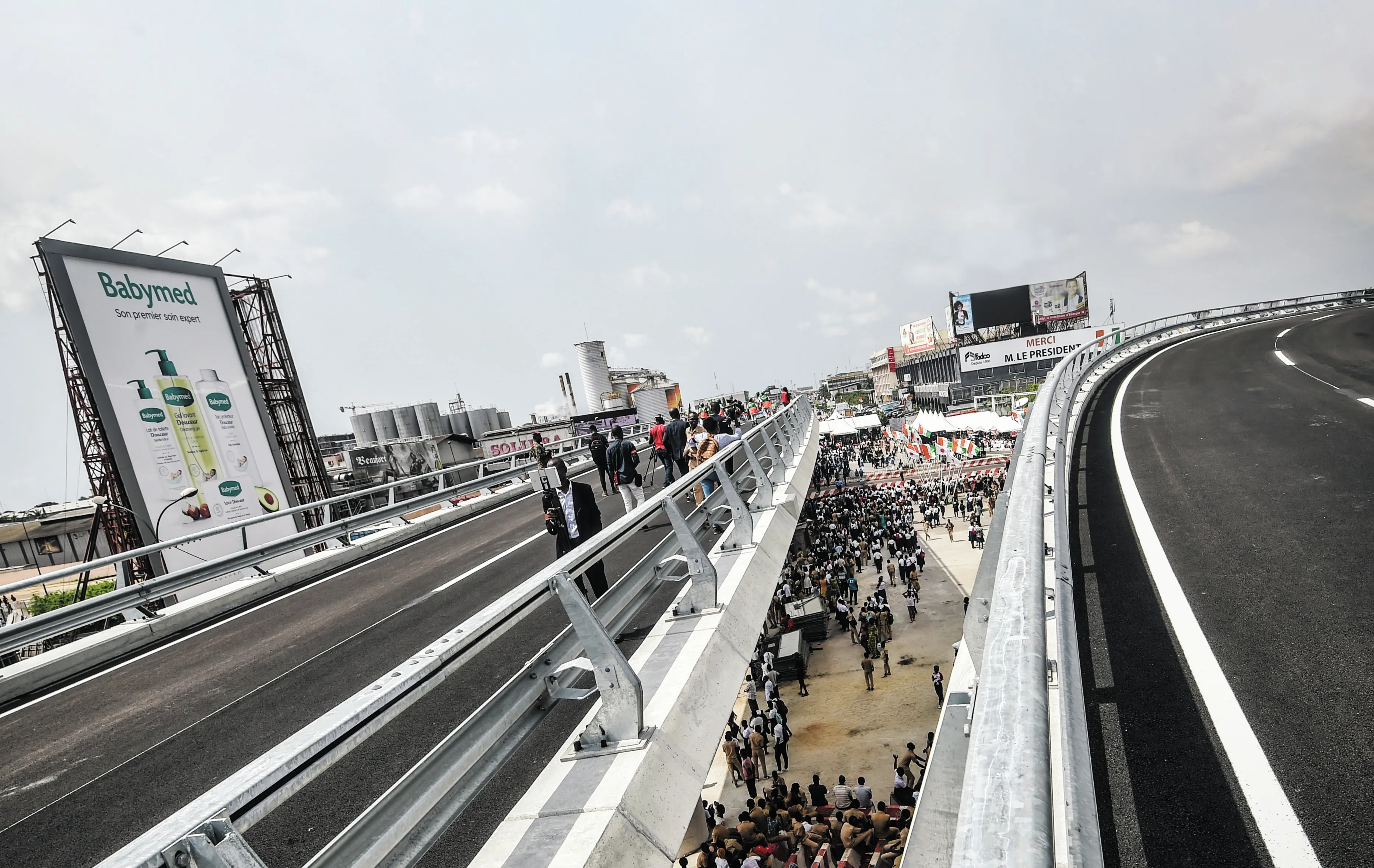This article is part of a series produced in collaboration with the African Development Bank in light of its sixtieth anniversary. Please visit our dedicated portal to read about the Bank's history and its activities on the continent.
The African Development Bank Group and the Japan International Cooperation Agency (JICA) signed a landmark concessional loan agreement in October worth 51.67 billion Japanese yen ($421 million) to support the African Development Fund (ADF). This funding, which fulfills Japan’s pledge for the sixteenth and current general replenishment of the ADF, will support transformative projects in the continent’s least developed and fragile states.
The loan amount represents the largest funding by any donor in this replenishment cycle, which has received a record $8.9 billion in donor pledges. Notably, Japan also contributed the largest loans to the fourteenth and fifteenth replenishments of the ADF, cementing its position as one of the Fund’s top donors.
“We wouldn’t have had a successful ADF-16 replenishment without Japan’s continued support for concessional donor lending. It is important to sign these agreements, but it is the lives we touch that matter. We deliver what we promise. We keep our word,” said African Development Bank President Akinwumi Adesina at the signing ceremony in Japan.
He underlined the substantial development impact of projects completed under the ADF, noting that this year alone, half a million people have been connected to electricity, one million have gained access to water and sanitation, 2.5 million have benefited from improved transport, and 2.7 million have received access to health services.
Daiho Fujii, Deputy Vice Minister of the Finance Ministry expressed optimism that Japan’s concessional donor loan, together with grant contributions, would support African countries to address various challenges relating to climate change, lack of infrastructure and fragility.
Fujii reiterated Japan’s continued support for ADF, noting that it was ready to lend its support yet again in the upcoming seventeenth replenishment. “We commit to working together toward a successful ADF-17 replenishment discussion next year,” he said.
Because it provides grants and low-interest loans, the ADF needs to be “replenished” by donors every three years. The current sixteenth cycle concludes next year.
Broader partnership
Adesina expressed deep appreciation to Japan for its unwavering support of the African Development Fund (ADF) since it became operational in 1974. He highlighted Japan’s contributions to every single replenishment cycle and commended the broader partnership in multiple priority areas, including climate change, infrastructure development, regional integration, private sector development, and debt management and transparency.
“We thank the people of Japan for standing in solidarity with the people of Africa,” he noted.
One of Japan’s major areas of focus has been investing in Africa’s human capital to empower Africans to lead the transformation of their societies and economies. Indeed, the African Development Bank recently celebrated the 30th anniversary of the Policy and Human Resource Development Grant – a bilateral trust fund created by Japan in 1994 aimed at supporting human capital development in Africa.
Since inception, this initiative has supported over 100 transformational projects across various sectors in Africa. Overall, Japan has contributed JPY 5.3 billion (US$37.4 million) to the PHRDG, supporting 107 projects, with 96 completed and 11 ongoing as of September 2024. In recent years, the trust fund has seen a notable increase in contributions.
Among the most impactful PHRDG-funded initiatives is the Japan-Africa Dream Scholarship Program (JADS), launched in 2017. This program aims to develop Africa’s human capital by offering scholarships to high-achieving African students for master’s studies in fields such as agriculture, development economics, energy, and public health. To date, the program has awarded scholarships to 23 students from 10 African countries, with two-thirds of the recipients being women.
This article is part of a series produced in collaboration with the African Development Bank in light of its sixtieth anniversary. Please visit our dedicated portal to read about the Bank’s history and its activities on the continent.

 Sign in with Google
Sign in with Google 



